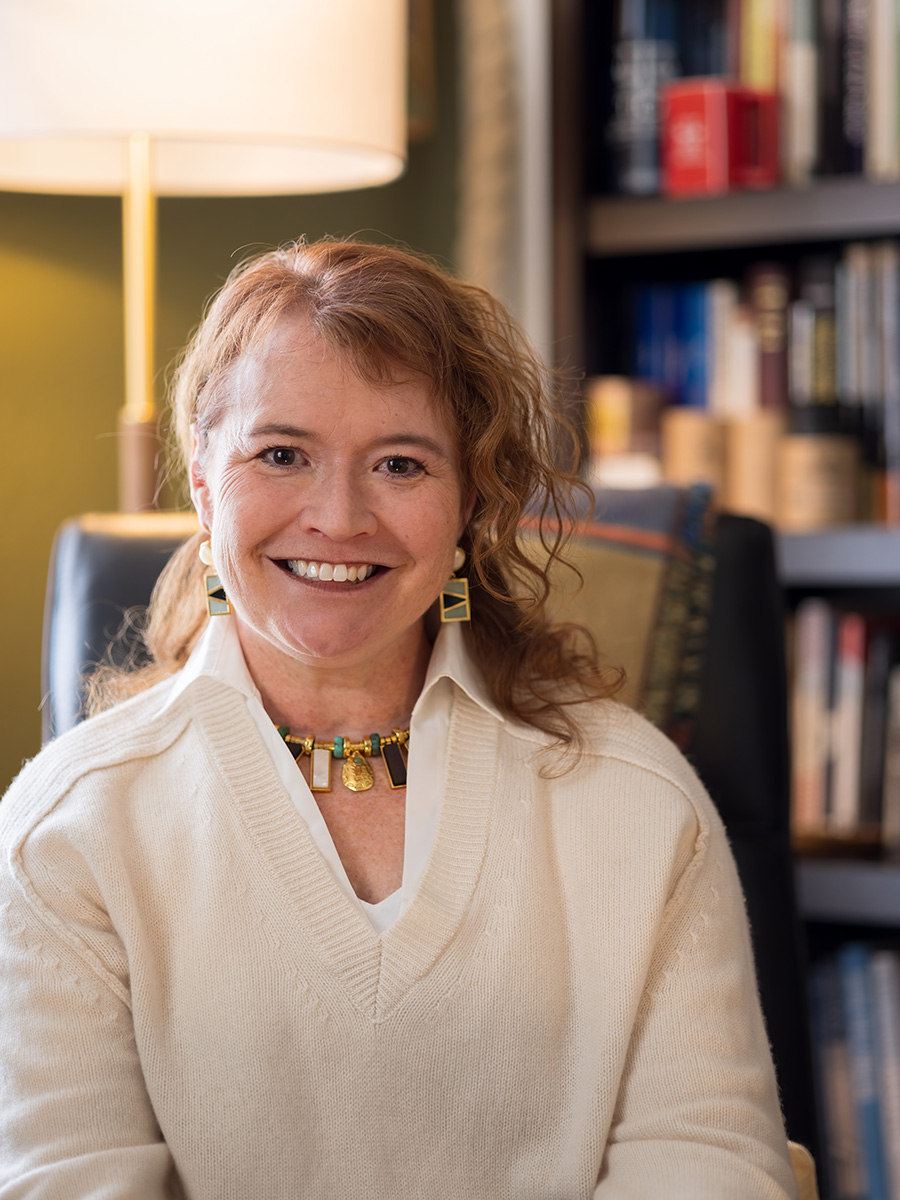
As she was beginning to study for her doctorate, Amanda Cobb-Greetham's ('93 M.S.) aunt gave her a box of her grandmother's belongings -- letters she wrote, reports and other items from her schooling.
"It made me feel like I was reaching through time and touching the past," Cobb-Greetham says.
Those personal items were the foundation for Cobb-Greetham's groundbreaking career.
As an interdisciplinary scholar, she has helped build Native American Studies in academia. This year, she became a member of the Chickasaw Nation Hall of Fame and received the prestigious Guggenheim Fellowship. She has written one award-winning book and is at work on another. While working as administrator of the Division of History and Culture for Chickasaw Nation, she was instrumental in launching the Chickasaw Cultural Center in Sulphur, Oklahoma.
Now a professor and former head of the Native American Studies department at the University of Oklahoma, her work touches on both family history and the history of the Chickasaw Nation, a Tribal nation based in Oklahoma.
When she received a letter in the mail saying she won the Guggenheim, she felt a sense of validation. She noted that not many Indigenous scholars have earned the fellowship.
"It is quite an honor," she says. "It is a faith in my work and confidence and that can have great meaning -- that is how I hope to use it."